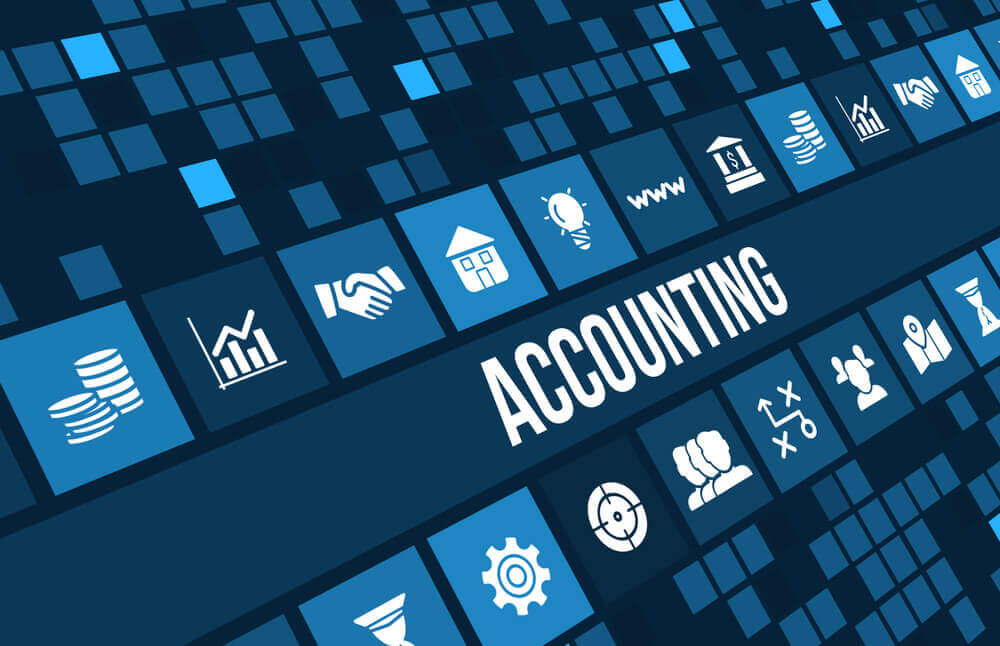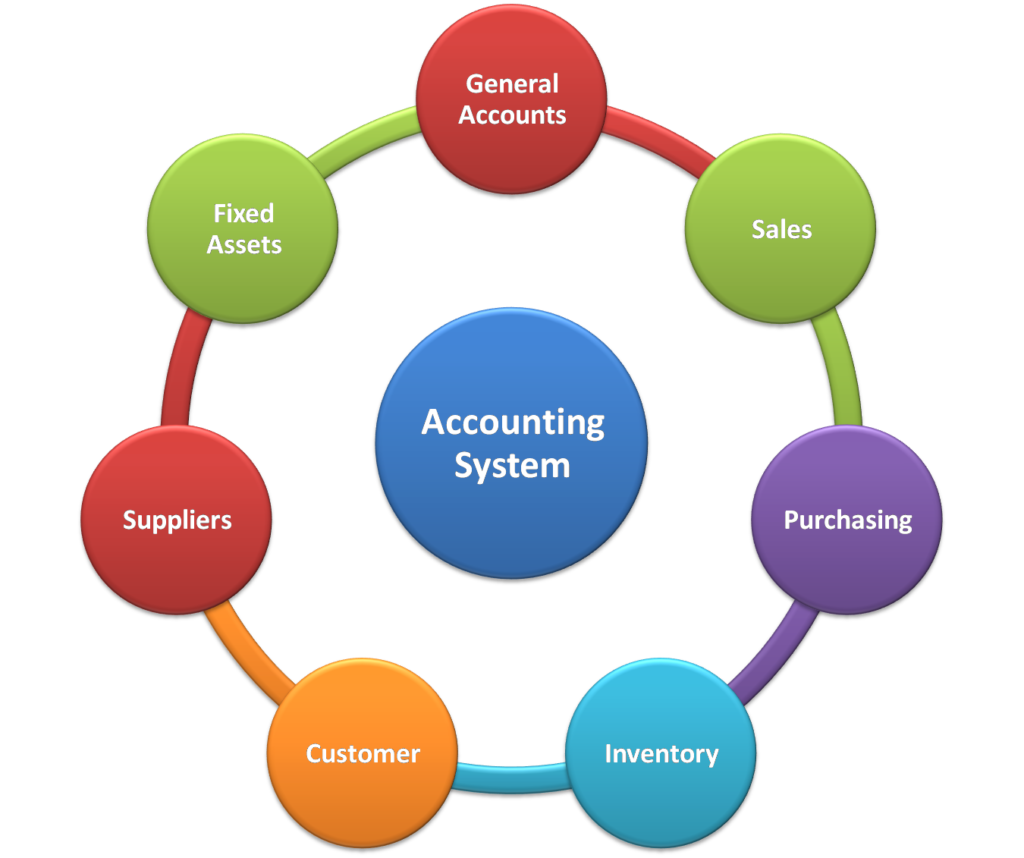Accounting integration automates the transfer of financial data between business systems and accounting software, streamlining processes, reducing errors, and ensuring real-time accuracy. This advancement simplifies financial management, making it more efficient and aligned with business goals. Let’s explore the basics and benefits of accounting integration for businesses.
Understanding the core of accounting integration

At the heart of accounting integration is seamless financial data synchronization across various business platforms and accounting systems. This functionality ensures that every transaction, from sales and purchases to expenses and payments, is automatically recorded in the accounting software without manual intervention.
As a result, it is a unified system where financial data is consistently up-to-date, allowing for real-time finance CRM reporting, analysis, and decision-making. Accounting integration thus not only streamlines financial operations by minimizing errors and saving time but also provides a solid foundation for strategic financial planning and management, crucial for the growth and sustainability of any business.
The importance of integration in the digital world

In the digital world, integration has become a cornerstone of technological advancement and operational efficiency. It enables disparate systems, applications, and software to communicate and work together seamlessly, breaking down silos and fostering a more interconnected and automated business environment. This synergy is vital for leveraging the full potential of digital resources, enhancing data flow, and optimizing processes across various domains.
Integration facilitates the real-time exchange of information, ensuring that businesses can make informed decisions quickly, adapt to market changes, and provide superior customer experiences. By enabling this level of collaboration and efficiency, integration not only drives innovation but also supports sustainable growth, positioning businesses to thrive in the competitive digital landscape.
Integrating accounting systems with other business applications is essential for streamlining operations, reducing errors, and improving decision-making. It facilitates real-time financial insights, enhances efficiency, and supports strategic planning, making it crucial for competitive and sustainable business growth.
Types of accounting integration

Integrating Accounting Systems with Marketplace
Marketplace accounting integration focuses on businesses that operate within online marketplaces, such as Amazon, eBay, or Etsy. It is designed to handle complex financial transactions, including sales, fees, commissions, and payments to sellers. Integrating the accounting system with the marketplace automates recording these transactions in the accounting system, ensuring accurate financial reporting, simplifying tax compliance, and providing clear insights into profitability.
Integrating Accounting Systems with eCommerce platforms
eCommerce accounting integration is intended especially for companies that offer products or services online via third-party platforms or their websites. Transaction data, including sales, inventory, and customer information, is automatically sent from the eCommerce platform to the accounting software thanks to this interface. Businesses may make better decisions overall by using it to manage their finances more effectively, maintain precise stock levels, and examine sales patterns.
- BigCommerce Xero Integration
- BigCommerce Sage Integration
- Adobe QuicBooks Integration
- BigCommerce QuickBooks Integration
- Shopify QuickBooks Integration
Accounting Integration Uses Case
By integrating accounting software directly into your SaaS platform, you can automate many of the tedious tasks associated with bookkeeping and financial analysis, enabling businesses to focus more on their core activities and growth strategies.
Streamlining Financial Transactions
One of the primary uses of accounting integration is the streamlining of financial transactions. By automating the entry of sales, purchases, and payments directly into the accounting system, businesses can reduce manual data entry errors and ensure more accurate financial records. This automation not only saves time but also provides real-time financial data, allowing businesses to make informed decisions quickly.
Enhancing Financial Reporting and Analysis
Accounting integration facilitates enhanced financial reporting and analysis. With real-time data flow from the SaaS platform to the accounting software, businesses can generate up-to-date financial reports at any time, ensuring transparency and business verification in their operations. This immediate access to financial data enables business owners and financial managers to perform more timely and detailed analyses, track financial performance more effectively, and identify trends or issues that require attention.
Improving Cash Flow Management
Effective cash flow management is crucial for the survival and growth of any business. Accounting integration helps improve cash flow management by providing accurate and timely information on receivables and payables. Businesses can monitor their cash flow in real-time, allowing for better planning and management of their financial resources. This can lead to more strategic decision-making regarding investments, expenses, and growth opportunities.
Simplifying Tax Compliance and Reporting
Tax compliance and reporting can be complex and time-consuming. Accounting integration simplifies these processes by ensuring that all financial transactions are accurately recorded and categorized according to tax requirements. This not only makes it easier to prepare and file tax returns but also reduces the risk of errors and penalties associated with incorrect tax filings. Furthermore, having easily accessible financial records can be invaluable in the event of a tax audit.
Enhancing Collaboration and Accessibility
Accounting integration enhances collaboration and accessibility by allowing multiple users to access financial data securely from anywhere, at any time. This is particularly beneficial for businesses with remote teams or those that require frequent travel. Financial managers, accountants, and business owners can collaborate more effectively, making it easier to manage financial operations and make strategic decisions without being limited by geographic location.
Streamline your operation with the HexaSync integration platform
HexaSync is a global iPaaS vendor that helps organizations connect eCommerce with other systems, such as POS, CRM, ERP, accounting, or marketplace, to automate business processes.
It works as middleware to help organizations connect and integrate legacy systems with modern SaaS applications via APIs and access tokens. Using HexaSync, users can monitor the flow of data transfers from the source location to the destination location. So, they can detect the problems and solve them if they are not technical. You can integrate with hundreds of applications, such as Shopify, Magento, BigCommerce, Salesforce, Hubspot, Microsoft Dynamics 365, and many others, to automate business workflows.
Key Features
- Middleware: HexaSync stays in the middle to transfer data between the different systems
- EAV Design Pattern: HexaSync uses an EAV design pattern to unify data modeling between different systems
- Cell-Based Mapping: Help reflect any kind of data points from system to system
- Message Queue-Based Architecture: HexaSync simplifies the coding of decoupled applications and provides better performance, reliability, and scalability
- Customizable Tasks: HexaSync is designed to adapt to any customization they are looking for to fulfill business needs
- Monitoring: HexaSync knows exactly when the synchronization transaction is SUCCESS or FAILURE and WHY
- Manageable Schedulers: HexaSync task schedulers help automate everything we need.
Conclusion
In conclusion, accounting integration is essential for efficiency, accuracy, and growth in today’s business landscape. It streamlines operations, enhances decision-making, and offers real-time insights by connecting financial systems with other business applications. Choosing the right integration strategy is vital for competitive advantage and long-term success. If you need to integrate your accounting systems with other business applications, please contact us via email.